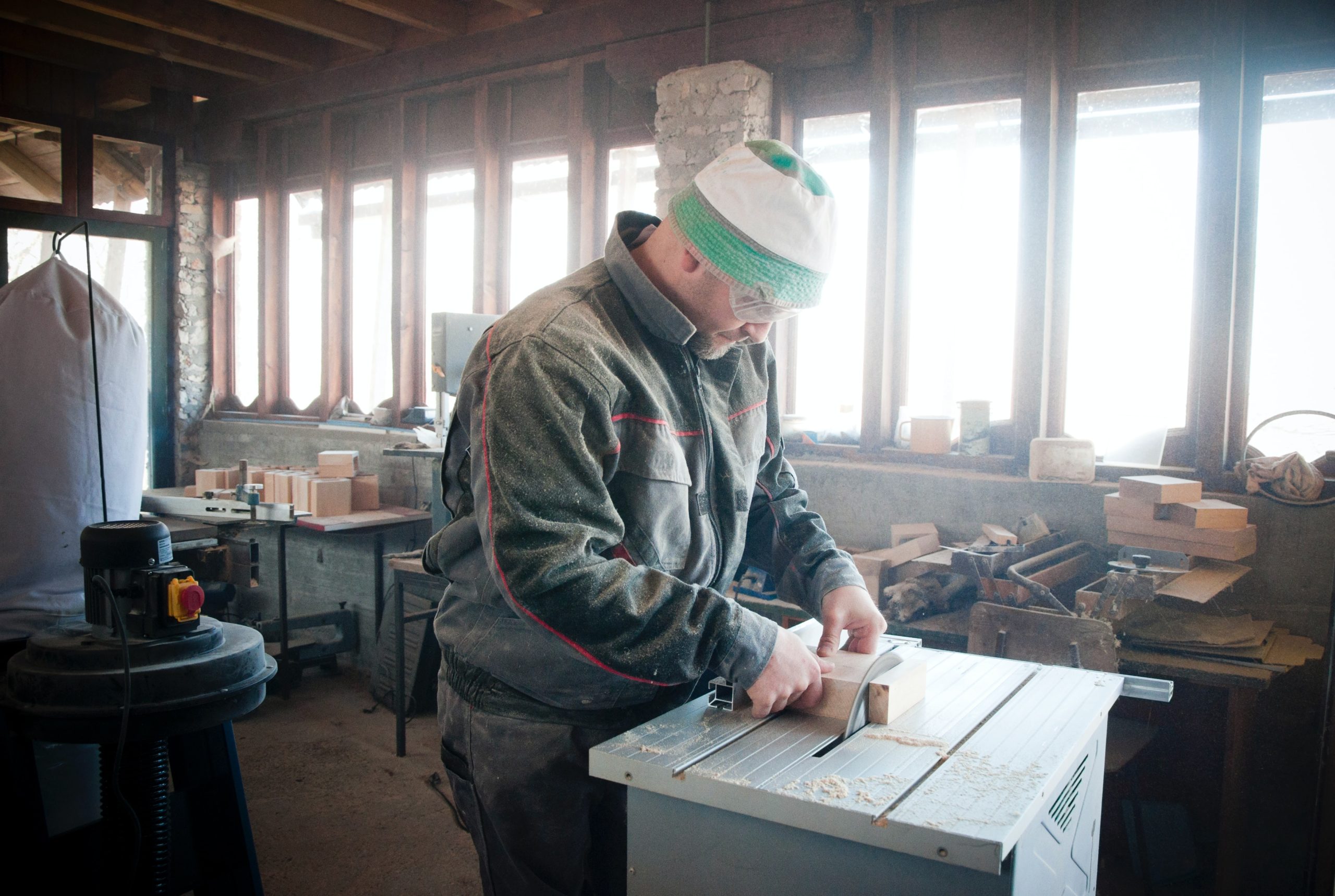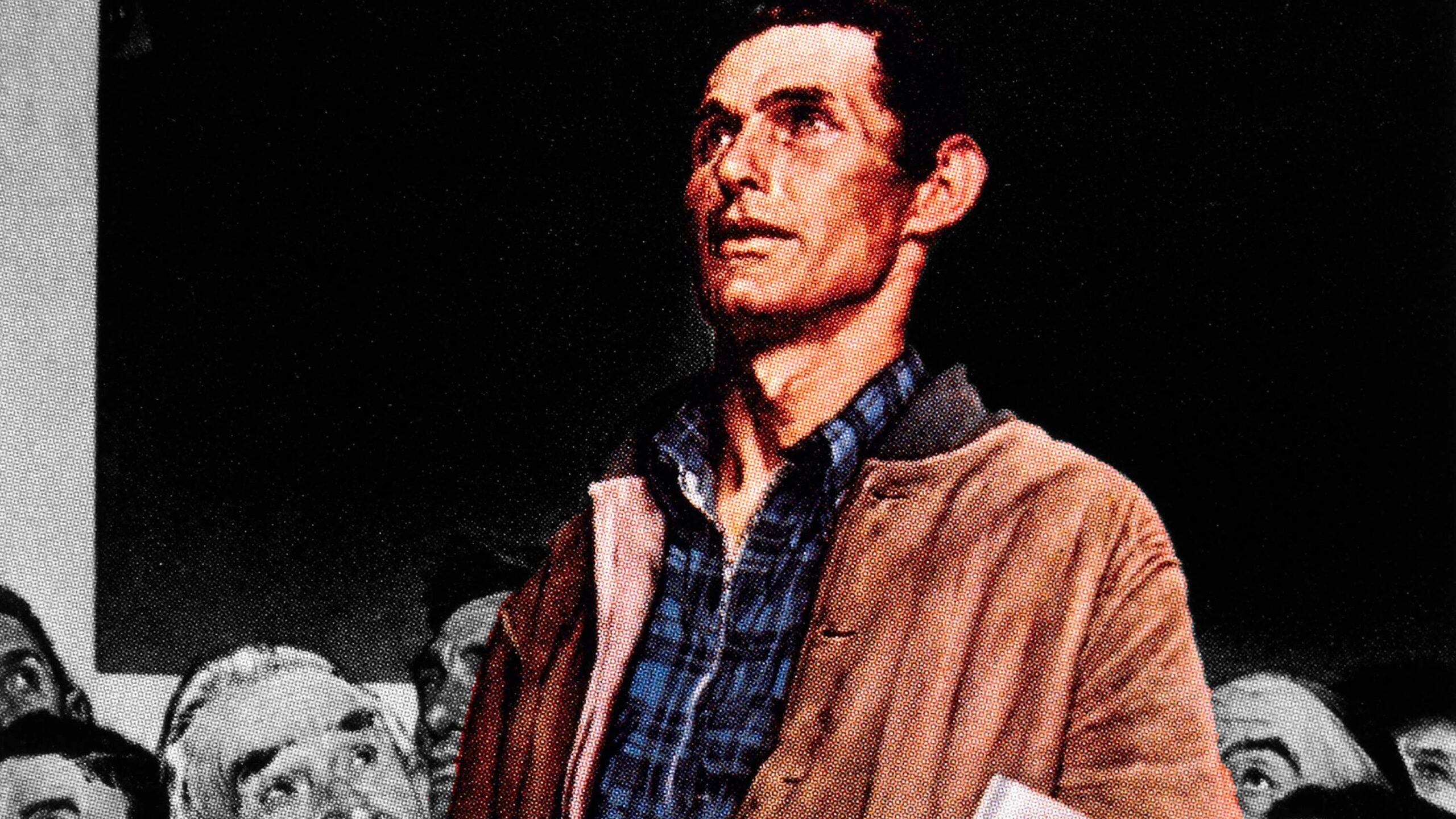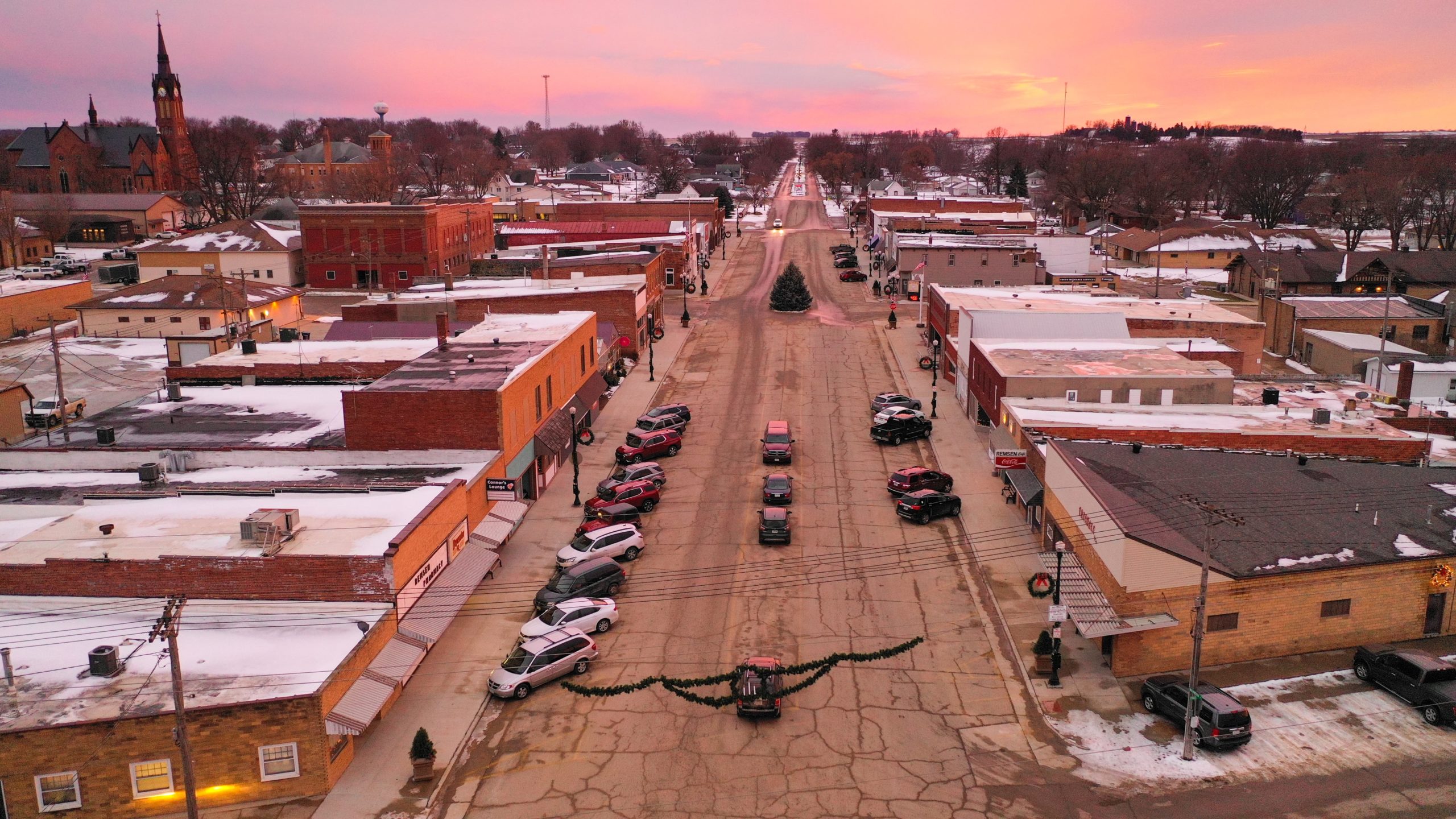

RECOMMENDED READING
When I started driving around America, photographing people, collecting their stories, and sharing them online, I kept waiting for someone I spoke with to push back, to get upset about an attention they later regretted. That never happened.
Instead, I heard frustration from people whose stories I chose not to share, out of limited space, or because I worried the publicity might harm them.
Upon returning home, my phone would light up with texts asking, “Have you run my story yet?”, “Where can I go to see it?”, and “Please. The minute you put it up, send me a link. My mom wants to see my story.”
When I responded saying, “I am sorry, but I had to cut out your interview,” I would get a stream of sad emojis, or “Dangs!”, and even the occasional, frustrated, “Damn. Why did you even bother talking to me?”
People want to be heard, especially people who are rarely heard. And most Americans are rarely heard.
Instead, a select few Americans are heard all the time, over and over: The pundit class, who have Important degrees from Important colleges, which provides them with Important platforms to air their views.
We in the pundit class (I am one) don’t ever seem to shut up. Writing thinkpiece after thinkpiece, going on TV show after TV show, subjecting the rest of America to our thoughts about everything, including our thoughts about what Americans think and, our favorite topic, what they should think.
Entrance into the pundit class is highly restricted. It requires having the right credentials and knowing the right words. To get those, you have to spend your early life weaving through a series of ever more selective institutions where you learn how to speak and, more importantly, what you can speak about.
Getting into these institutions isn’t easy, unless you happen to be born into the right family. Then it is as easy as falling out of bed. For almost everyone else, it requires an early and intense self-dedication to a narrow goal, borrowed money, and lots and lots of luck.
Making matters worse, the pundit class emerges from their weird and narrow pipeline into an isolated bubble. They are physically cut off from the majority of Americans who they claim to care about and speak for.
They stick tightly within their clique, spending most of their time sequestered in their apartments, homes, and offices, and every now and then shuffling between a few select buildings in a few select neighborhoods in a few select cities, where they talk with people just like themselves, nodding to each other about their shared and very correct opinions, while drinking and eating the latest bespoke whatever.
They rarely have to deal with the unheards, beyond when they need their food delivered, or to be protected from physical harm, or chauffeured from place to place. Consequently, their views about what America thinks, and should think, have all the insight of a graduate school seminar filled with dreary facts, numbers, and graphs; because that is their lifeline to the rest of America–numbers in all their various forms, but mostly in statistics and polls. The fake open-mindedness of “my Uber driver told me…” only goes to show they have little else to grab onto.
* * *
This cloistered pundit class is not only inept but also dangerous, because it is intertwined with the political class who write the rules everyone else has to live with. The people who keep our country going, who grow, harvest, and process our food, fight our wars, police our streets, care for our children, clean our offices, keep our lights on, build our homes, and deliver our stuff. (Oddly, the people making the rules don’t feel a strong obligation to follow them.)
For a democracy to survive, it needs to hear all voices, no matter how uncomfortable. Otherwise, the majority’s frustration will grow and grow until it turns into an angry, reckless, and destabilizing force.
This Edgerton anthology is an attempt to at least start by welcoming some of those voices into the conversation. An attempt to collect thoughts, essays, and ideas, from people the cloistered class rarely listens to, but relies on for their health, safety, and comfort. The people who allow them to sit in their offices composing the next thinkpiece, the next piece of legislation, the next PowerPoint presentation, the next tweet, the next academic report, all while ignoring the consequences of their actions.
Reading through the essays reminds me of my ten years driving around America talking to the unheard “normies,” hearing soliloquies from the heart, sometimes said in halting words, because the speaker is confused why someone wants to listen to them and pretty sure it will bring them scorn, because it almost always has.
I heard lots of things, some crazy, some beautiful, some conspiratorial. No one person changed how I think but, after listening to all of them, my entire way of thinking had changed. Instead of seeing everything in a spreadsheet, I was hearing real stories from real people. I was seeing the individual numbers that made up the statistics we in the pundit class love so much.
Like then, a lot of what I read in the essays I don’t fully agree with, some I find uncomfortable, but what I do agree with is what they all share: a frustration with our very unequal status quo. An anger, sometimes intense, sometimes resigned, at the cluelessness and heartlessness of those of us who are given a platform to speak. At the cloistered, credentialed class of pundits and politicians.
There are many lines that capture that ethos. Quotable moments. I could pluck one from each essay. Things our pundits and politicians need to hear, every day, like:
“The lesson learned from my life thus far seems to be that the American Dream is within reach if only you’ll fight in Uncle Sam’s wars, and even then, you better be one of the lucky ones to survive unscathed, both physically and mentally.”
and
“I know there will never be a perfect system, but I wish there were a way to ensure people who are literally working themselves to death get some relief and people in need of social services actually get served.”
and
“With so much chaos in our streets and change in society, we need to support parents and make sure that they can always choose to support their child, no matter what. Until we are all treated equally and fairly, we have failed as a society. We need to give people the chance to make mistakes, explore and discover themselves. That is freedom, and that is what America is all about.”
I could go on and on but the point isn’t any one quote, or any one essay, it is their totality and the broad themes that emerge from the perspectives of so many, very different people: that the system we technocratic pundits have built for ourselves isn’t working for them.
Turning everything into a soulless data point masks the immense losses our country has been dealing with, from things that we can’t, or don’t measure. Like community, family, and faith. Being physically and intellectually cloistered has allowed us to ignore the ugly secondary and tertiary consequences of the policies we advocate for.
When you close a factory, because efficiency and profits, communities die, families fall apart, churches close, and drugs and suicide fill the void. People’s very sense of who they are is destroyed. Our markets do not consider that, but surely we need to. People are not sims in a pundit game of Sim Country.
What they are is nuanced souls imbued with various hopes, dreams, desires, and opinions. Or to put it in cold language the pundit class can recognize, they are individual agents imbued with “different, complex, and non-rational utility functions.” Imagine that!
Americans are also imbued with a great capacity to cope and deal with pains greater than I could imagine. Able to endure despite sufferings and frustrations big and small. Able to hold tightly to a dignity embedded in strong families, and still nurtured in churches and self-made communities scattered across the nation.
Americans are still building meaningful and dignified lives beyond the material.
So, after ten years of listening, despite hearing immense frustration, I also saw that, beneath it all, Americans possess extraordinary resilience and a fundamental decency. This allowed me to come away from the experience with a glimmer of hope.
I hope readers of this anthology will as well.
Recommended Reading
The Edgerton Essays
Perspectives from the Working Class
Introducing the Edgerton Essays
The goal of these essays is to help inform policymakers and pundits about what matters most and why to the vast majority of Americans who have no day-to-day connection to our political debates.
Conclusion to the Edgerton Essays
These essays captured the unfiltered thoughts of working-class Americans in all their complicated diversity.













